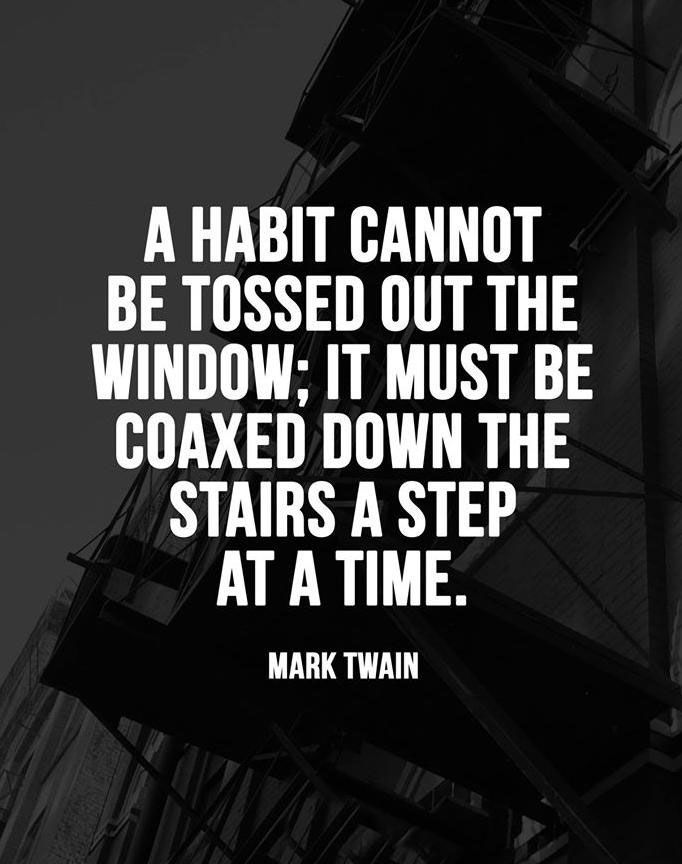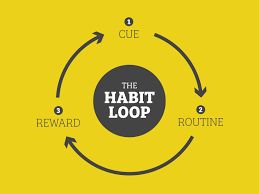Habits And Us
Jun 09, 2019 • 17 views
A habit is a routine of behaviour that one repeats often and regularly, sometimes even without knowing, i.e., subconsciously.
Habits are a part and parcel of all lives. It is said that great habits lead to a great routin, great behaviour and eventually a great character. This sums up how crucial they have been in human history since forever. Afterall, we are what we repeatedly do.

Here are some facts about these crusaders of ours that have the power to make us or even break us!
1. The Habit Loop
Habits are actually a three-part process, called the habit loop . It involves a cue, a routine, and a reward.

The cue for a habit can be anything that triggers it, like a location, an emotional state, a response to a precedent action, etc.
The routine here is the repeated, regular behaviour you show at the cue. Examples include nail biting, touching a particular body part, etc.
The reward is the reason the brain decides the previous steps (of your routine) are worth remembering for the future. It could be anything, from a chocolate to money to feelings like appreciation.
2 . Overcoming the bad ones...
Charles Duhigg, author of the revolutionary best seller The Power of Habit, suggests short-circuiting the habit loop to overcome bad habits. It involves - identifying the routine, experimenting with rewards and isolating the cue to cut yourself out from a bad habit.
3. Why Habits are formed?
A study from Duke University found that up to 45% of all our daily behaviors are automatic, i.e., we are habitual of doing 1 activity every two minutes subconsciously!
And not only that, this automation our brain does is a part of the grand scheme to conserve energy. Not clear? Ok, take it this way, our brain , being the greatest processor ever, turns daily actions and behaviors into habits, so we would do them without too much thought – thus freeing up our brainpower for other more important challenges.
The process is called “chunking” –mental power needed to perform routine activities decreases with time. Every day, we rely on these “chunks” of behaviour in a subconscious manner, hence, functioning better and smoother.
